Warning: Illegal string offset 'source_type' in /home/mychutej/public_html/blog/wp-content/plugins/egany-facebook-to-wp/egany_facebook_to_wordpress.php on line 1099
“News spread like wild fire – especially bad news” – Anonymous
The recent outbreak of Ebola across Central and West Africa has left much destruction in its wake. For bystanders and survivors alike, it was a horrific incident nobody would want to experience ever again. For those that lost their lives to the hemorrhagic disease, it was a big loss to their family and the country at large. Due to its infectious nature and high mortality rate, news reports about Ebola are treated with utmost seriousness and it is not surprising that the governments of Ebola-affected countries spend a lot of money to educate their citizens on the signs and symptoms of Ebola.
Enter social media. It’s no news that the social media has revolutionized the internet. Long before the advent of the now common social media websites and applications like Twitter and Facebook, the internet was a dark room used only by nerds for “nerdy stuffs”. Nowadays, the Internet is everything you want it to be. A market for new customers? You’re welcome. An avenue to reach out to other people with similar interests and likes? You’re equally welcome. A replacement for orthodox news outlets like the print and multimedia houses? Excellent choice. The social media has provided a platform for information to be shared and accessed in seconds all over the world – ensuring that news travel faster that even wild fire. However, like the proverbial coin, there are two sides to social media; just as news spread fast, so also do rumors at the speed of light. One memorable instance of social media – propagated rumor was the decision of Nigerians to bathe with and drink salt water during the Ebola outbreak, leading to some deaths.
Last week, Nigeria witnessed another Ebola scare when a blogger who, on the hunt for blog traffic, started a rumor about a recurrence of Ebola in Nigeria. Once the news hit social media, it spread rapidly causing shockwaves of fear and panic. Many people took to drastic measures, including limiting entry into their homes and their interactions/physical contacts with others. This would have continued much longer had the Ministry of Health through the Ebola Alert not intervened. Using Twitter, Ebola Alert was able to reach out to the Nigerian public almost immediately with information that the rumor was untrue. A tracking system was set up to monitor tweets about Ebola in Nigeria and queries were responded to in real time.
On Facebook, sponsored posts helped Ebola Alert reach over 80,000 people in 3 days with the information that claims of Ebola in Nigeria were untrue. The post received over 1000 likes and was shared 298 times. In addition, people composed and sent broadcast messages using the statement released on Ebola Alert’s website, leading to further amplification of the response.
Within four days, bloggers and media outlets that had earlier published or tweeted about a possible outbreak of Ebola in Nigeria had retracted their earlier claims and were rebroadcasting that there was no Ebola in Nigeria. A search for Ebola in Nigeria turned up tweets mainly debunking the rumor as false– the Ebola rumor had been contained.
It is not possible to accurately estimate how much damage would have been done if the rumor had not been contained. However, the swift response of Ebola Alert shows why healthcare organizations and governments need to recognize and integrate social media technologies (and personnel) into the very fabric of their operations. Social Media isn’t just a platform for fun, lazy youths; when placed in right hands, it is a revolutionary tool.
Zubair Abdulahi
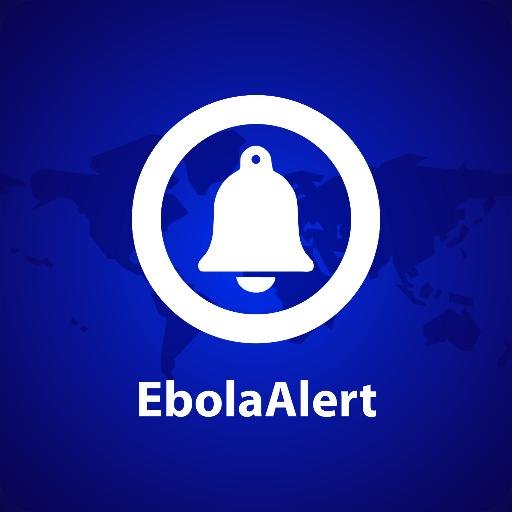
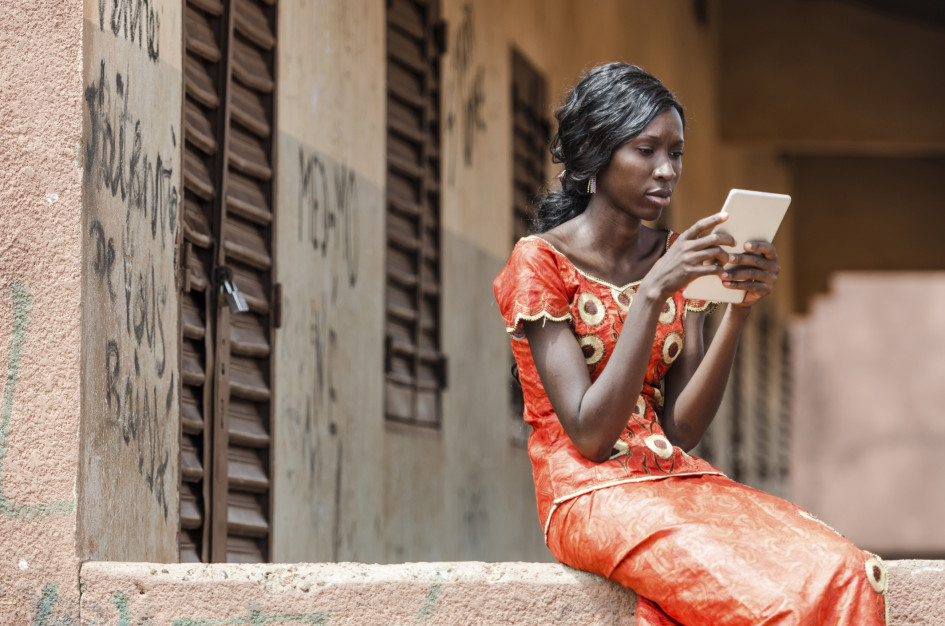
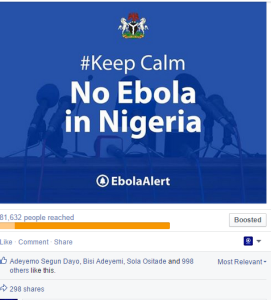
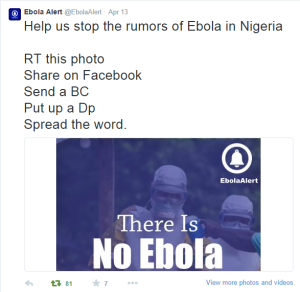

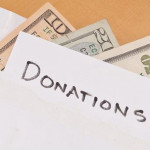

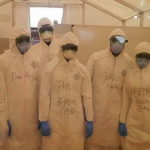







April 29, 2015 at 9:40 am
Very informative article, i’m regular reader of your
website. I noticed that your site is outranked by many other
blogs in google’s search results. You deserve to be in top-10.
I know what can help you, search in google for:
Mosis’s Tips Outsource The Work
May 6, 2015 at 8:16 pm
Wow, that’s what I was exploring for, what a stuff!
existing here at this website, thanks admin of this site.
May 22, 2015 at 6:27 am
Howdy! Quick question that’s entirely off topic.
Do you know how to make your site mobile friendly? My blog
looks weird when browsing from my iphone 4. I’m trying to find a theme or plugin that might be able to correct this
problem. If you have any suggestions, please share.
Appreciate it!
June 19, 2015 at 4:22 am
whoah this weblog is great i really like studying your articles.
Keep up the good work! You understand, lots of people are searching round for this information, you can help them greatly.
July 19, 2015 at 5:16 pm
I am not sure where you’re getting your info, but great topic.
I needs to spend some time learning more or understanding more.
Thanks for wonderful information I was looking for
this information for my mission.
July 26, 2015 at 4:11 pm
Excellent blog! Do you have any helpful hints for aspiring writers?
I’m hoping to start my own blog soon but I’m a little lost on everything.
Would you recommend starting with a free platform like WordPress
or go for a paid option? There are so many choices out there
that I’m totally overwhelmed .. Any recommendations? Bless you!
July 27, 2015 at 3:28 pm
I just like the helpful info you provide to your articles.
I will bookmark your blog and check once more here frequently.
I’m rather sure I’ll learn a lot of new stuff right here!
Good luck for the next!
July 28, 2015 at 7:52 am
شرح طريقة الطلب في الموقع! أبدأ تجارتك الناجحة بدون مخاطر عن طريق شركة #بيبي_سوق شاركنا بيع المنتجات المتوفرة في موقعنا و اصبح وسيط لنا و احصل على نسبة ارباح كبيرة تبدأ من ٣٠٠ درهم الى الاف الدراهم شهرياً ( على حسب اجتهادك ) و اذا اردت ايضاً البدأ في تجارتك الخاصة يمكننا مساعدتك في توفير جملة لأي منتج او تصميم منتجات خاصة بأفكارك نتواصل مع المصانع نيابةً عنك للتفاصيل تواصل معنا على الهاتف او الواتس اب : +971509693033 Instagram : @babbysouq Twitter : @babbysouq
July 28, 2015 at 3:15 pm
Its like you read my mind! You appear to know a lot about this, like you wrote the book in it or something.
I think that you could do with some pics to drive
the message home a little bit, but other than that, this is magnificent blog.
A great read. I’ll certainly be back.
July 29, 2015 at 10:51 am
شرح طريقة الطلب في الموقع! أبدأ تجارتك الناجحة بدون مخاطر عن طريق شركة #بيبي_سوق شاركنا بيع المنتجات المتوفرة في موقعنا و اصبح وسيط لنا و احصل على نسبة ارباح كبيرة تبدأ من ٣٠٠ درهم الى الاف الدراهم شهرياً ( على حسب اجتهادك ) و اذا اردت ايضاً البدأ في تجارتك الخاصة يمكننا مساعدتك في توفير جملة لأي منتج او تصميم منتجات خاصة بأفكارك نتواصل مع المصانع نيابةً عنك للتفاصيل تواصل معنا على الهاتف او الواتس اب : +971509693033 Instagram : @babbysouq Twitter : @babbysouq
July 29, 2015 at 4:44 pm
Pretty nice post. I just stumbled upon your weblog and wanted to say that I have
really enjoyed surfing around your blog posts.
After all I will be subscribing to your feed and I hope you write again soon!
July 30, 2015 at 1:29 pm
It’s hard to come by well-informed people in this particular topic, but you sound
like you know what you’re talking about! Thanks